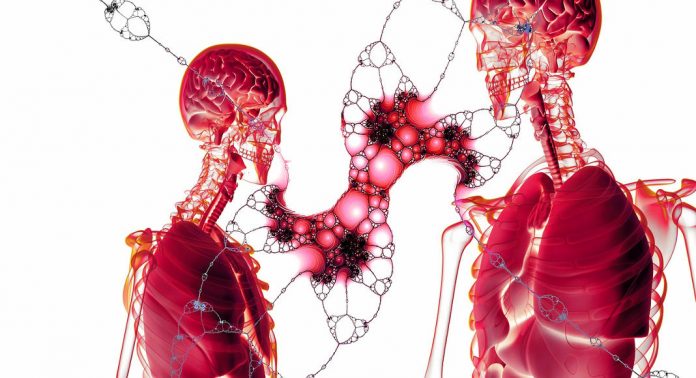
To help meet the global goal to reduce premature deaths from noncommunicable diseases (NCD) by 33% by 2030, ministers of health and senior policymakers gathered to address the issue at the High-Level Regional Meeting: Health Systems Respond to NCDs in Stiges, Spain.
Across the 53 member states of the WHO European Region, the major noncommunicable diseases account for almost nine deaths in ten and have a negative economic impact: it has been estimated that for every 10% increase in noncommunicable disease mortality, economic growth is reduced by 0.5%.
Curb the death and disability toll
Dr Zsuzsanna Jakab, WHO regional director for Europe, said: “European countries have led the way globally in protecting people from diabetes, cardiovascular diseases, cancer and chronic respiratory diseases. However, more must be done to curb the death and disability toll from noncommunicable diseases.
“With our knowledge of what works, we cannot simply stand by while people die prematurely of preventable diseases. At least 80% of people affected by heart disease, stroke and diabetes, and 40% of those suffering from cancer would have remained healthy if the major risk factors, such as alcohol, tobacco, unhealthy diets and physical inactivity, were tackled. And these large improvements can be achieved at a reasonable cost through a comprehensive health systems response.”
Real-time problem solving
Around 200 experts and high-level policymakers from 43 countries attended the event to interact and learn from each for real-time problem solving. The event highlighted innovative policies and approaches from across the region, many of which can help overcome barriers to universal health coverage.
The countries attending will be able to identify opportunities to move directly to more advanced approaches that represent current best practice in health systems governance, organisation and financing, and skipping less efficient and more expensive ways of delivering NCD interventions and services.
The outcome document of the meeting will form part of the evidence base for the Third United Nations General Assembly High-Level Meeting on NCDs to be held later in 2018. This document will also be presented at the 68th session of the Regional Committee for Europe in September 2018.
Source: World Health Organization

























